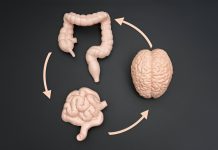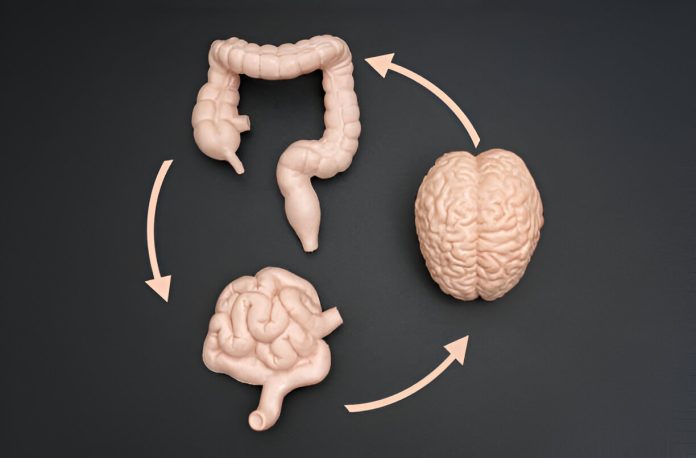The human body is one great ecosystem, and perhaps among the most fascinating parts in it are the guts. Besides being used for digestion, the gut generally plays a vital role in health and well-being in general. The gut microbiome houses trillions of microorganisms within your gut and has enormous influence on everything from immunity to metabolism, right to your state of mind.
It is the bacteria, viruses, and fungi in the gut microbiome that round up the developing immune system. These microbiomes assist in training the immune system regarding the appearance of identification of the bad ones hence preventing infection and diseases. Besides that, gut microbiome has also been associated with metabolic functioning due to its potency to influence digestion, the rate at which nutrients get absorbed, and the manner in which energy stays deposited inside the cavity of the body. It is also taken as one of the factors for obesity, diabetes, and other metabolic syndromes.
Nutritional factors correlate well with the gastrointestinal microbiome. High consumption of fiber, fruits, and vegetables added with whole grains can help in increasing the proliferation of good bacteria in the gut. Whereas, on the other hand, processed food, sugar, antibiotics, etc., act as an opposite element in disturbing the balance inside the gut microbiome. Probiotics are the substances used for restoration of healthy gut microbiota. These are preparations containing living microorganisms that retain gut microbiome. Today, besides supplement forms, fermented foods also supply probiotics. Examples are yogurt, kefir, and sauerkraut.
Other recent studies have associated the gut microbiome with mental health. Though pathways of communications between the gut and the brain are rather complex, hence these are often referred to as the gut-brain axis. Indeed, evidence has shown that an imbalance in gut microbiota is associated with conditions such as depression and anxiety. Though much further investigation is critically needed to elaborate on this gut-brain axis, such evidence up to now has embraced maintenance of the gut microbiome into its fold for general health.
While important in human health in its own right, it is the microbiome inside the gut that really makes it greater in maintaining good health. In fact, one will take good care of the gut microbiome through good dieting, consumption of probiotics, and less use of antibiotics, though on its own it will do good things for one’s health.












